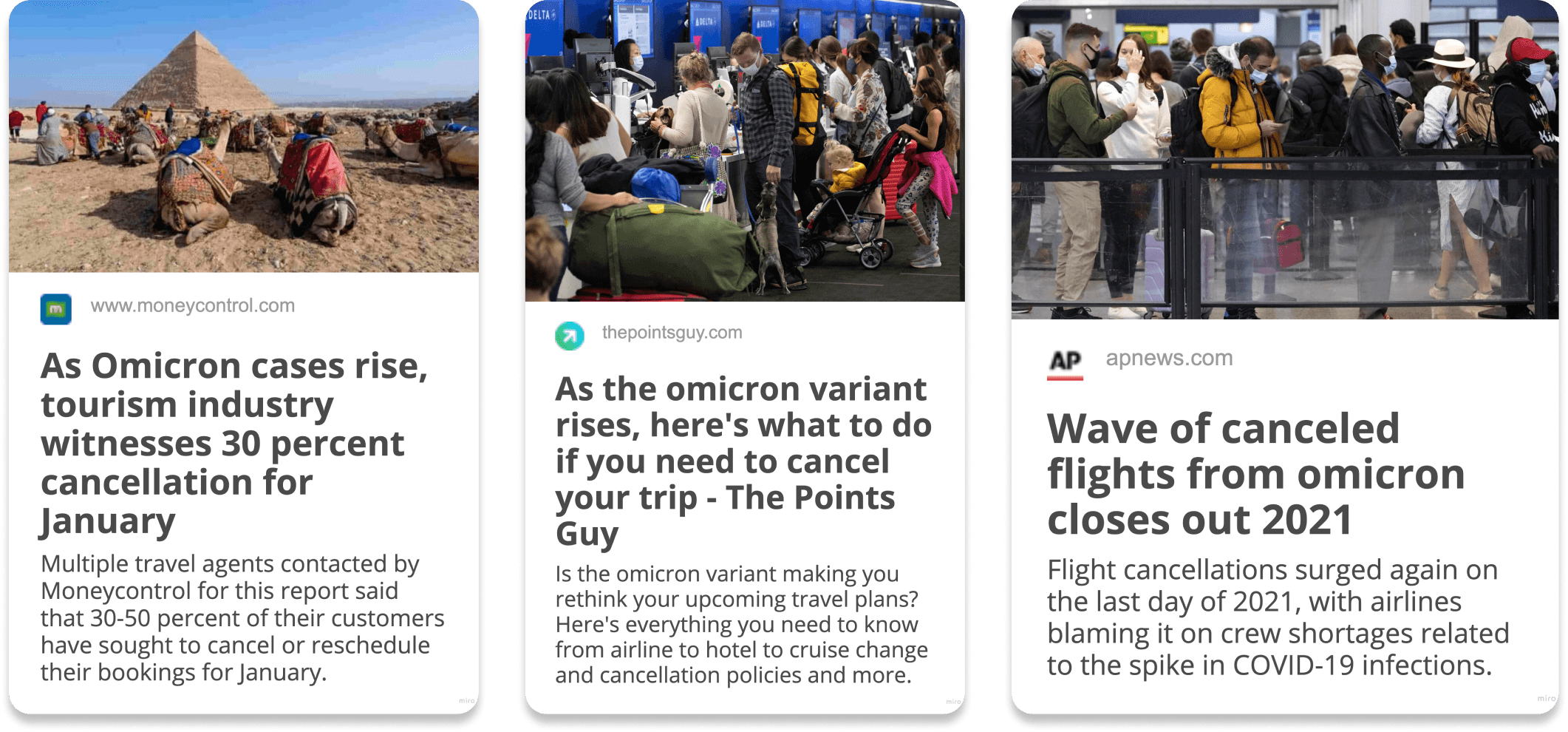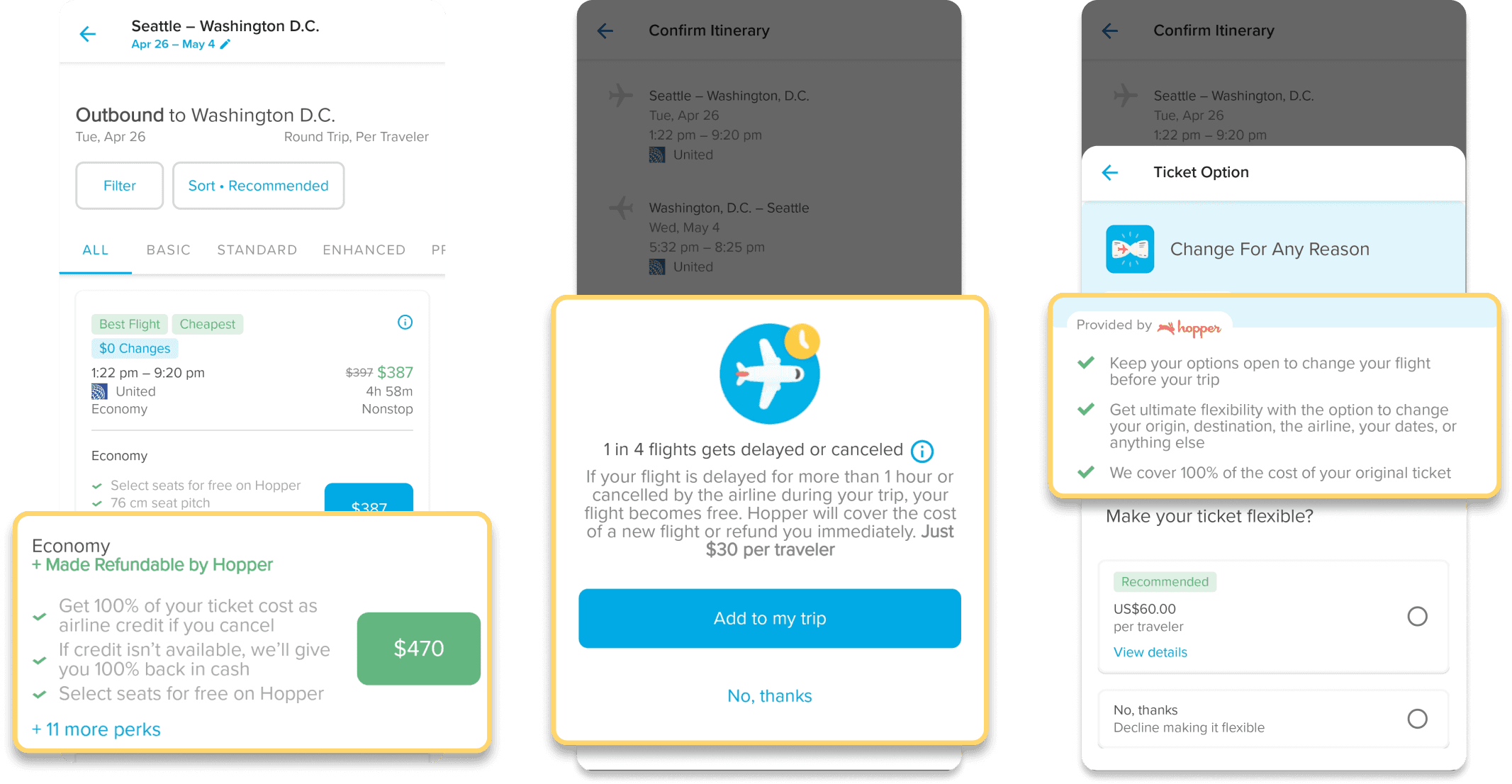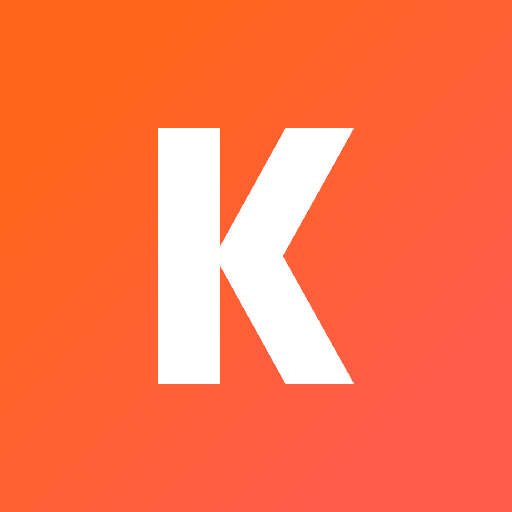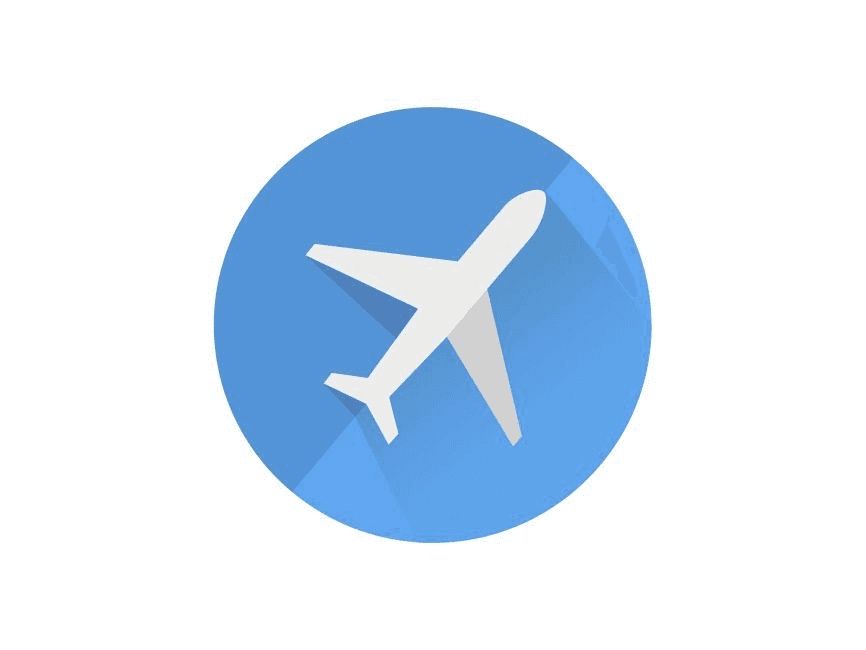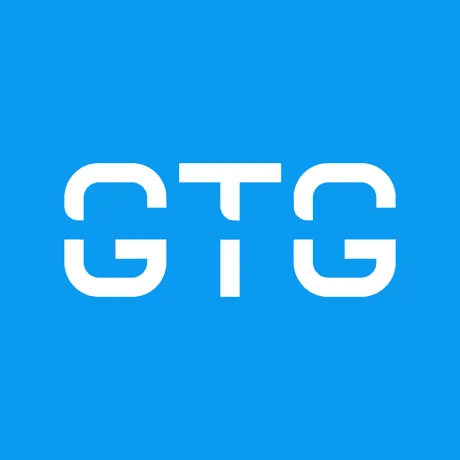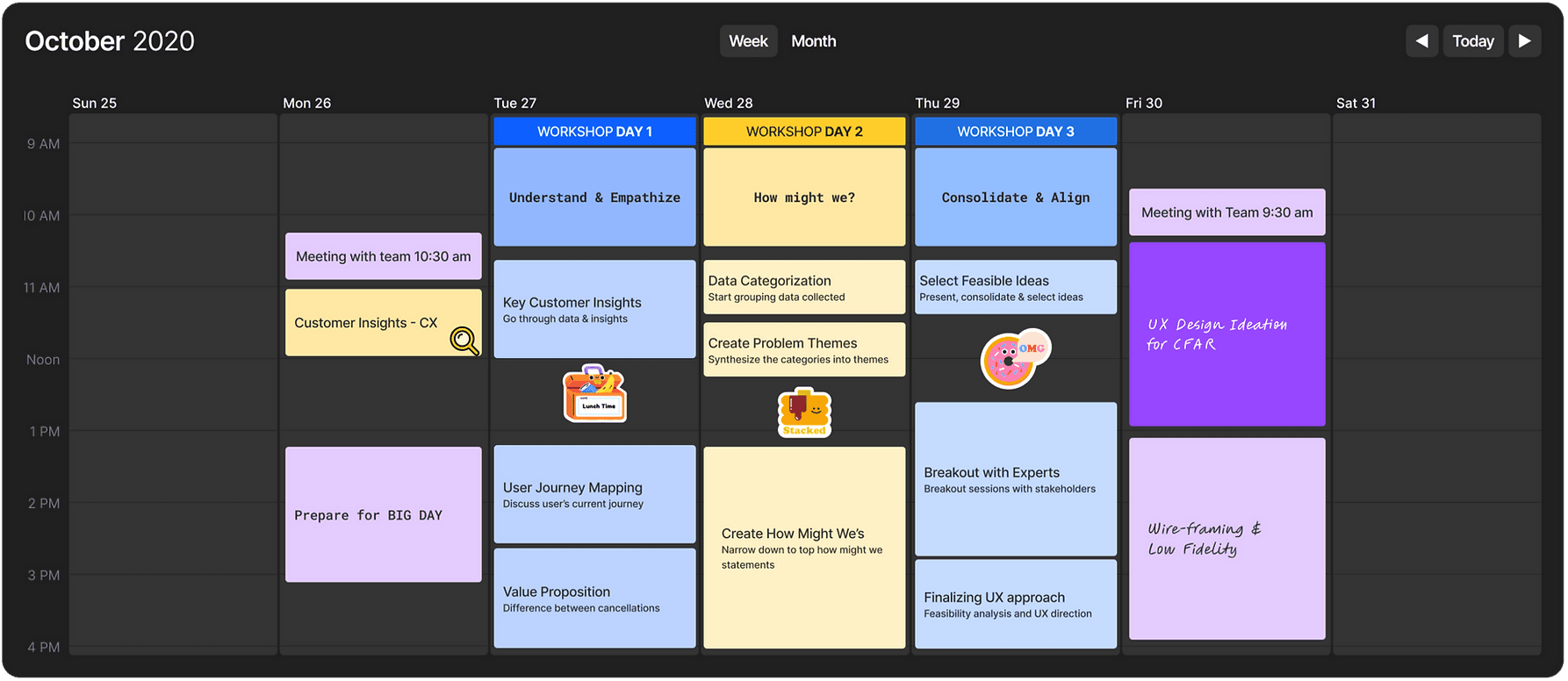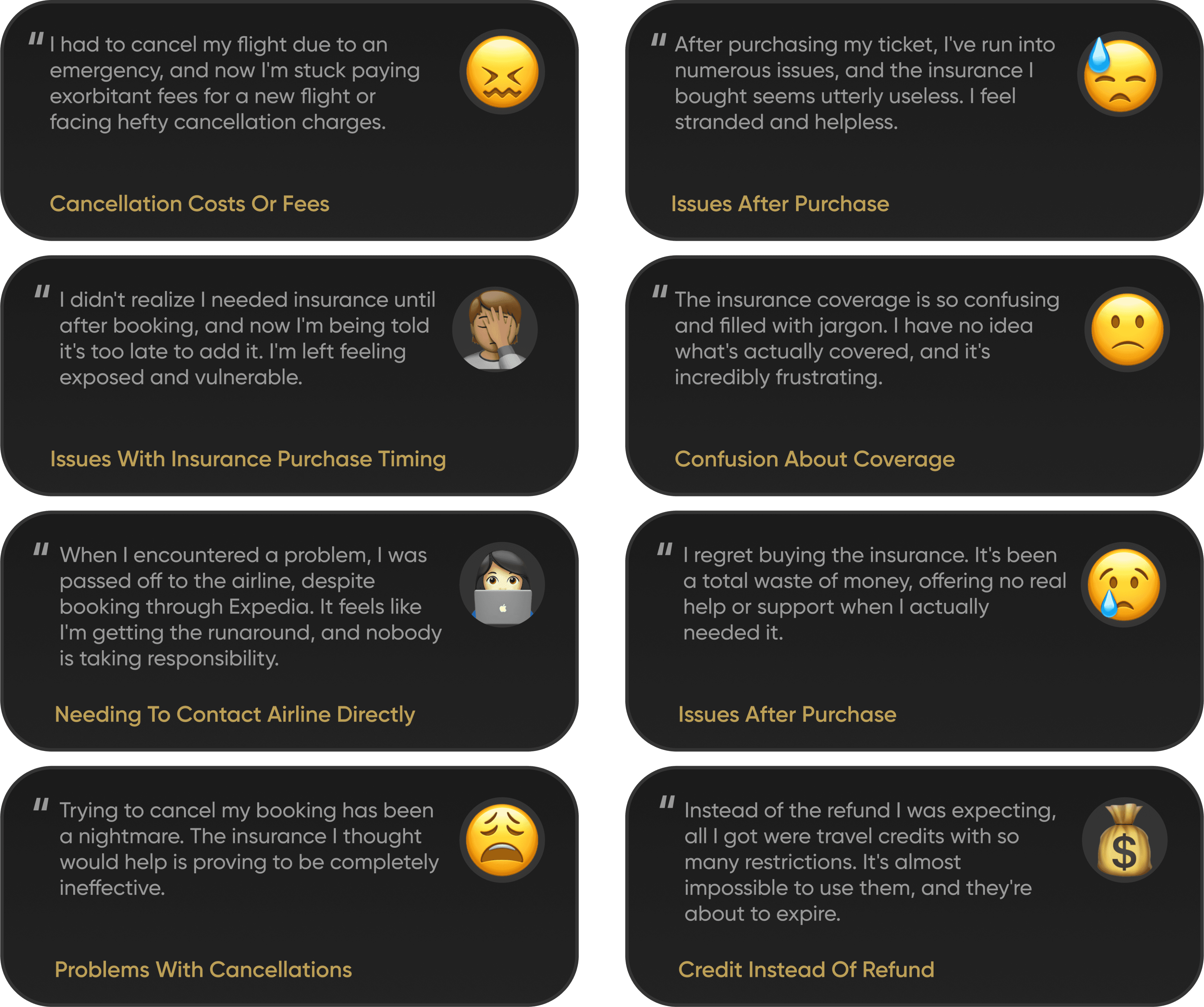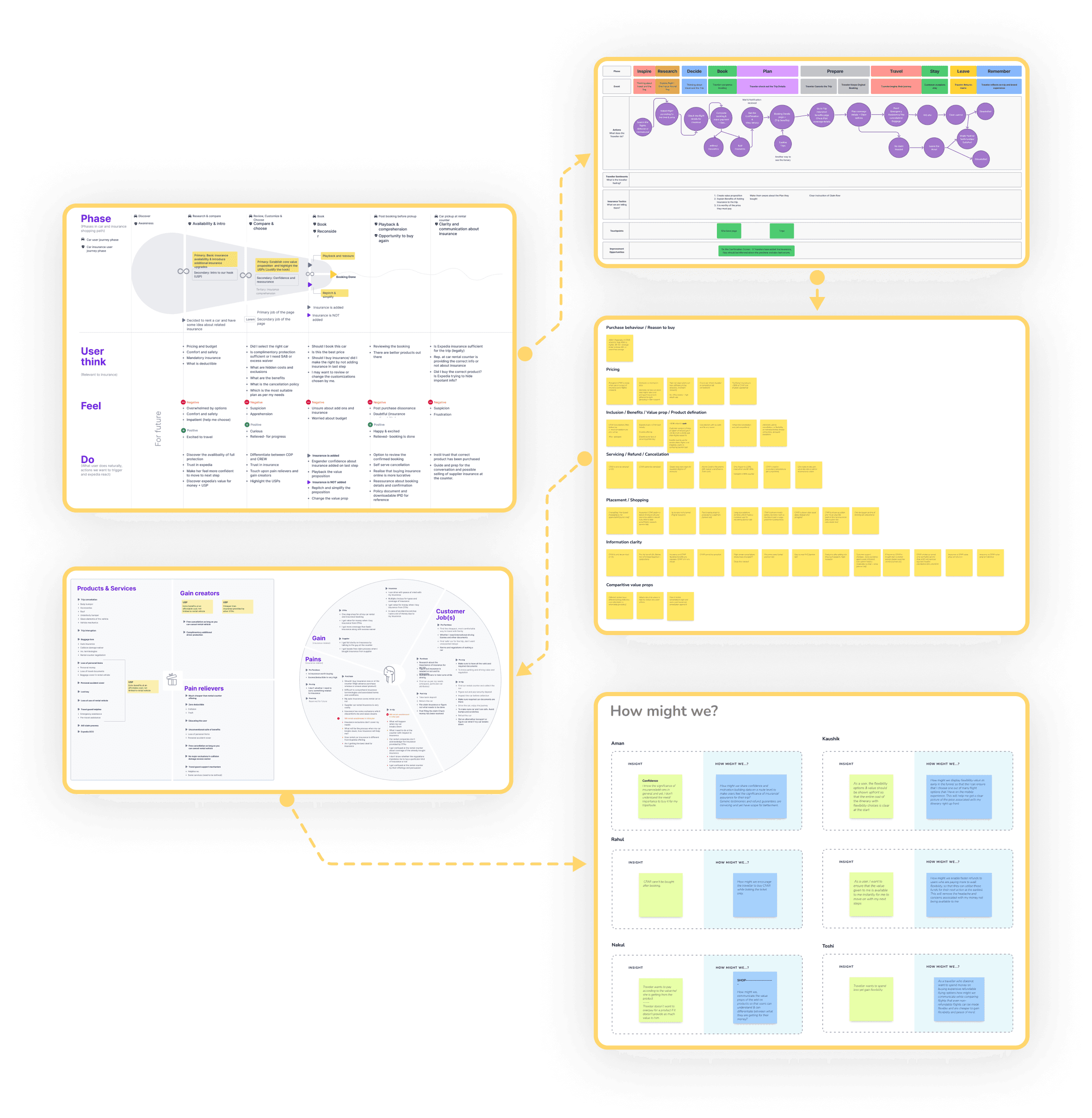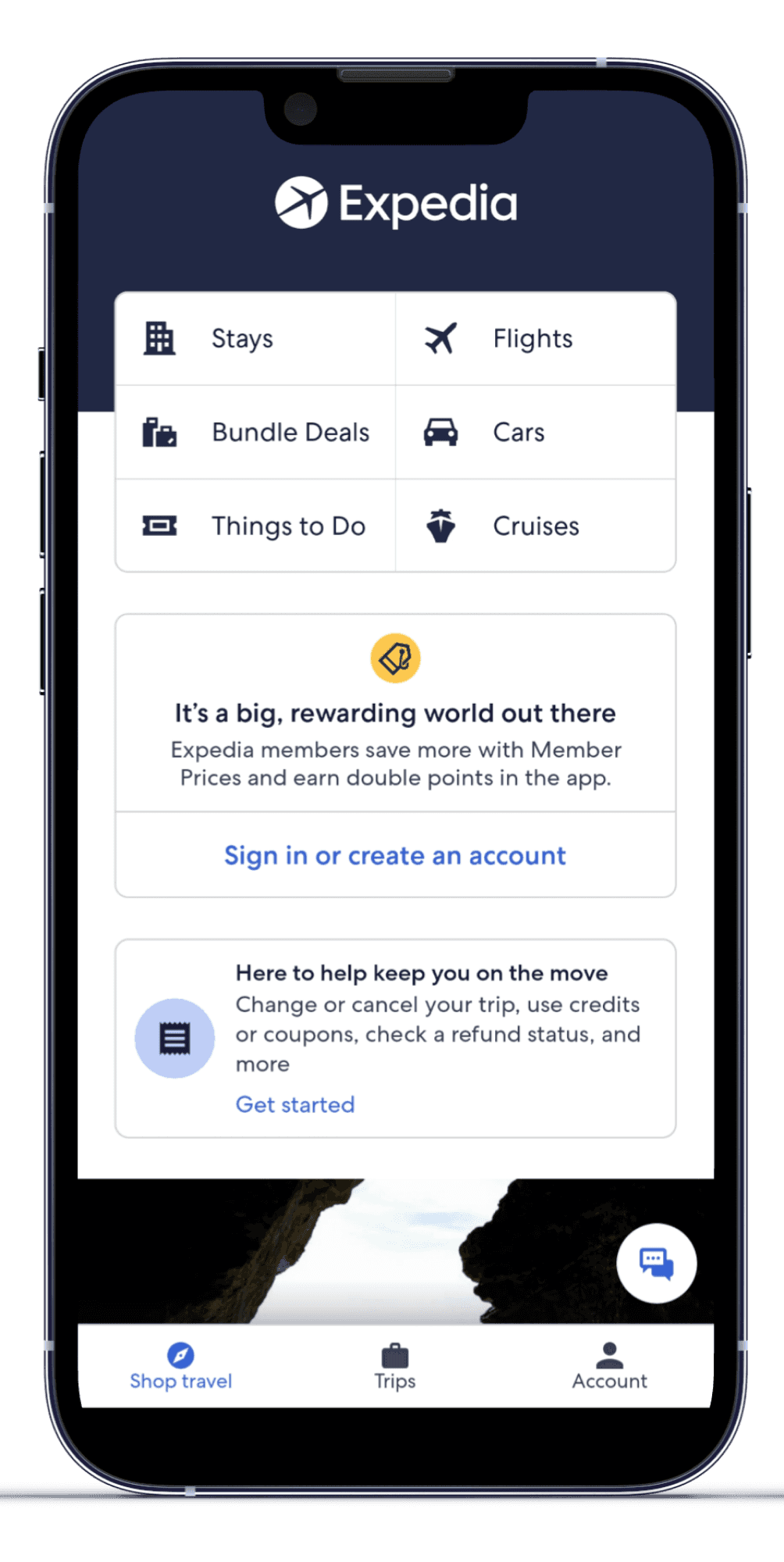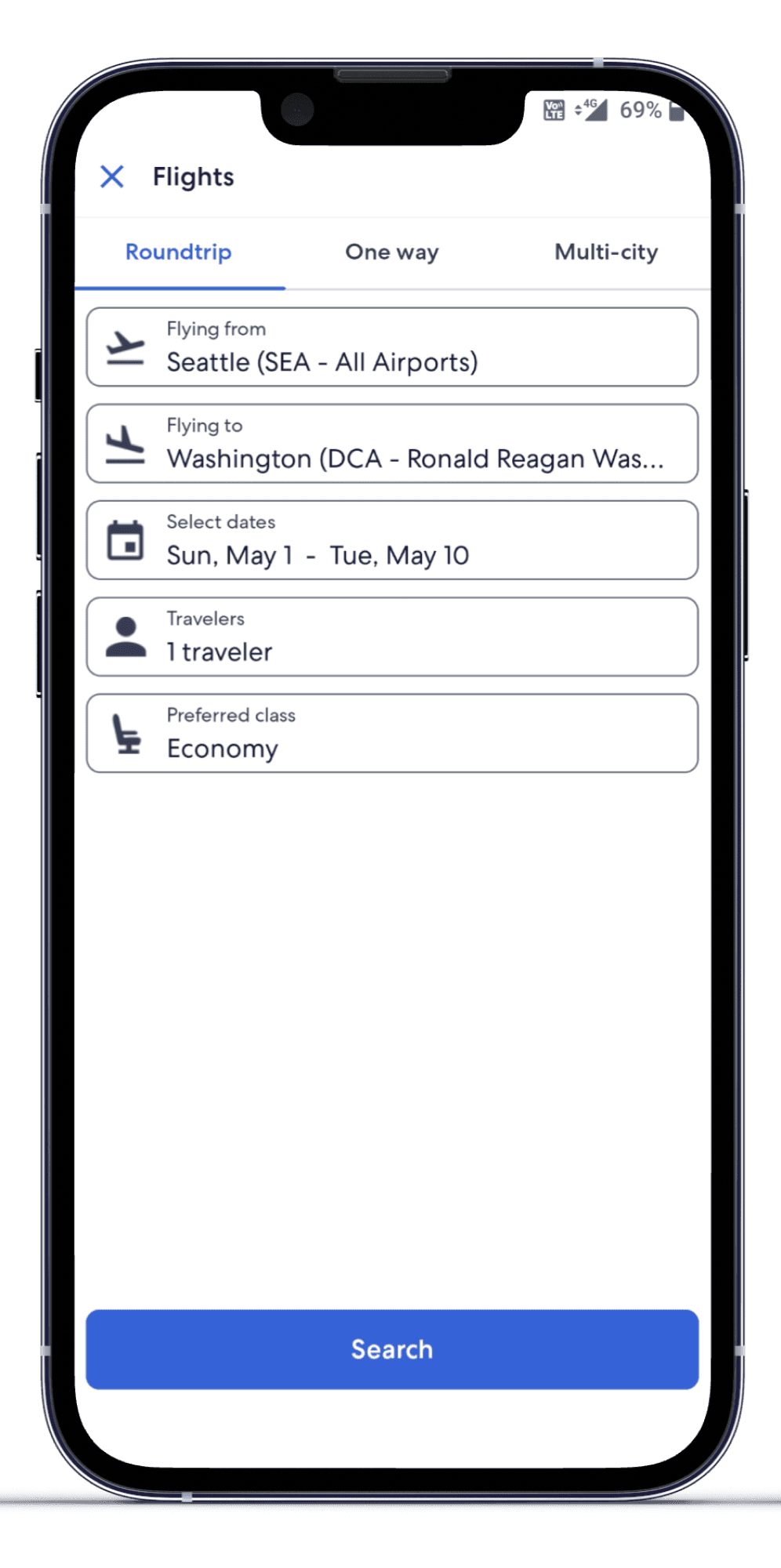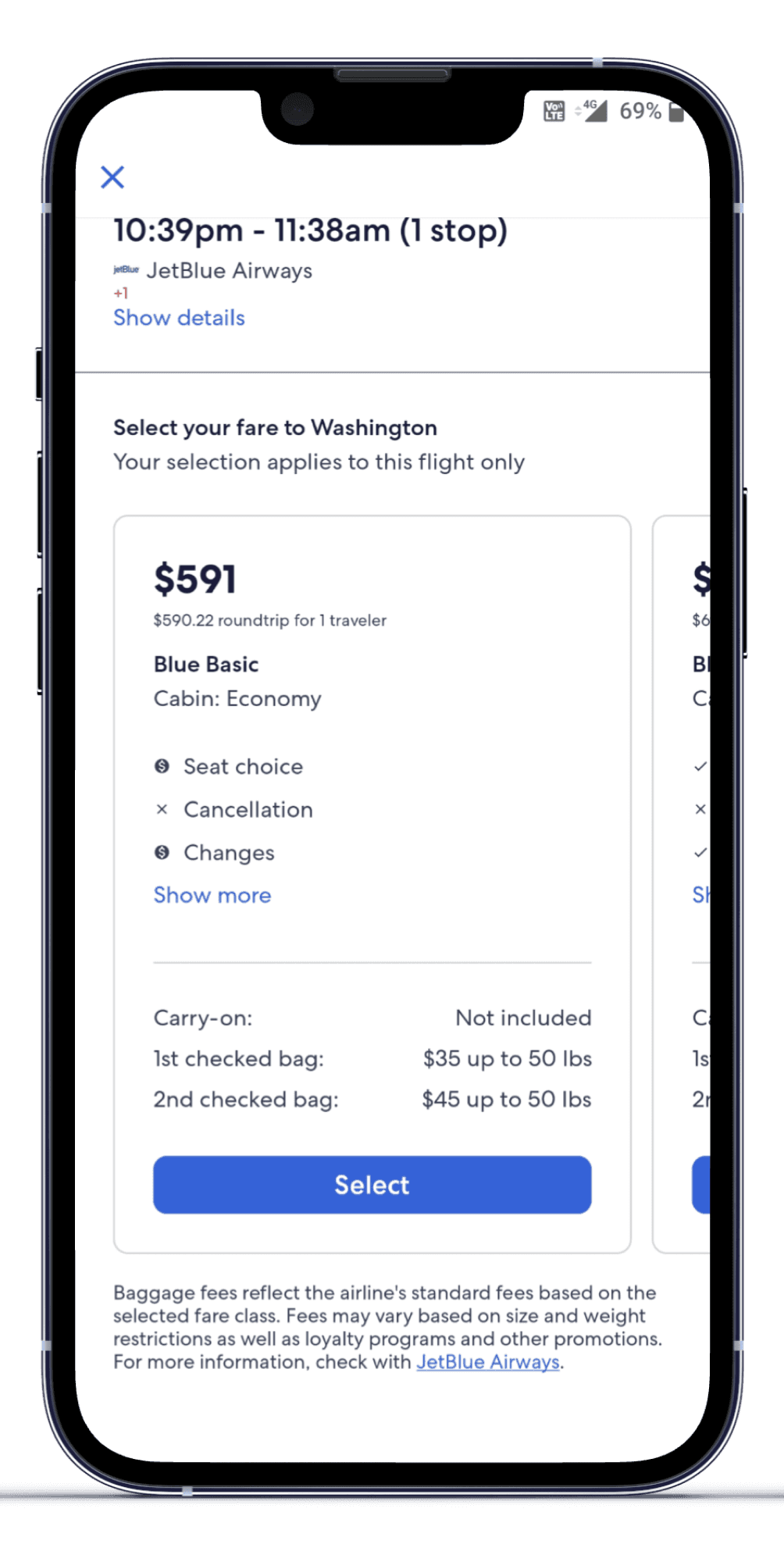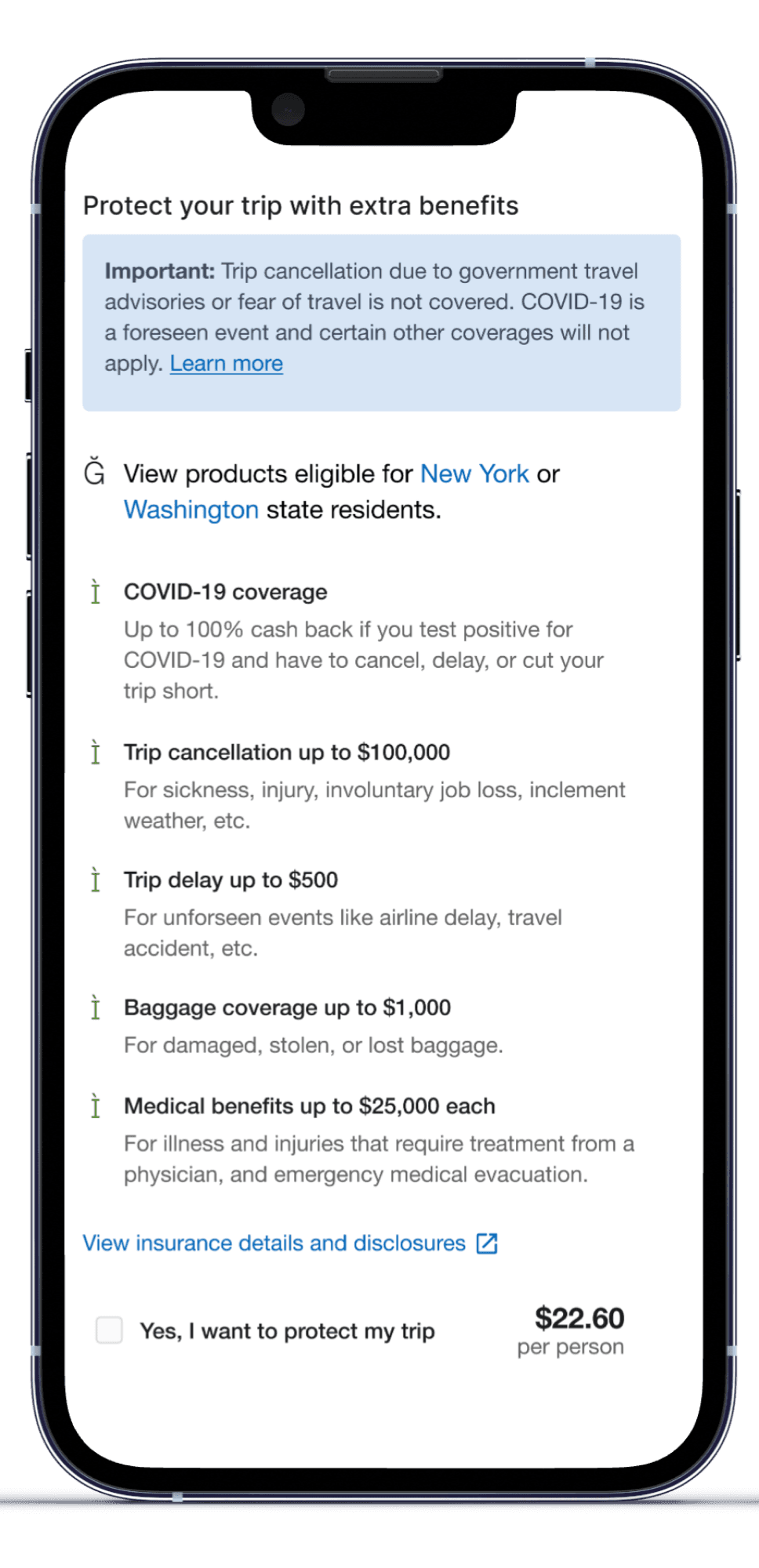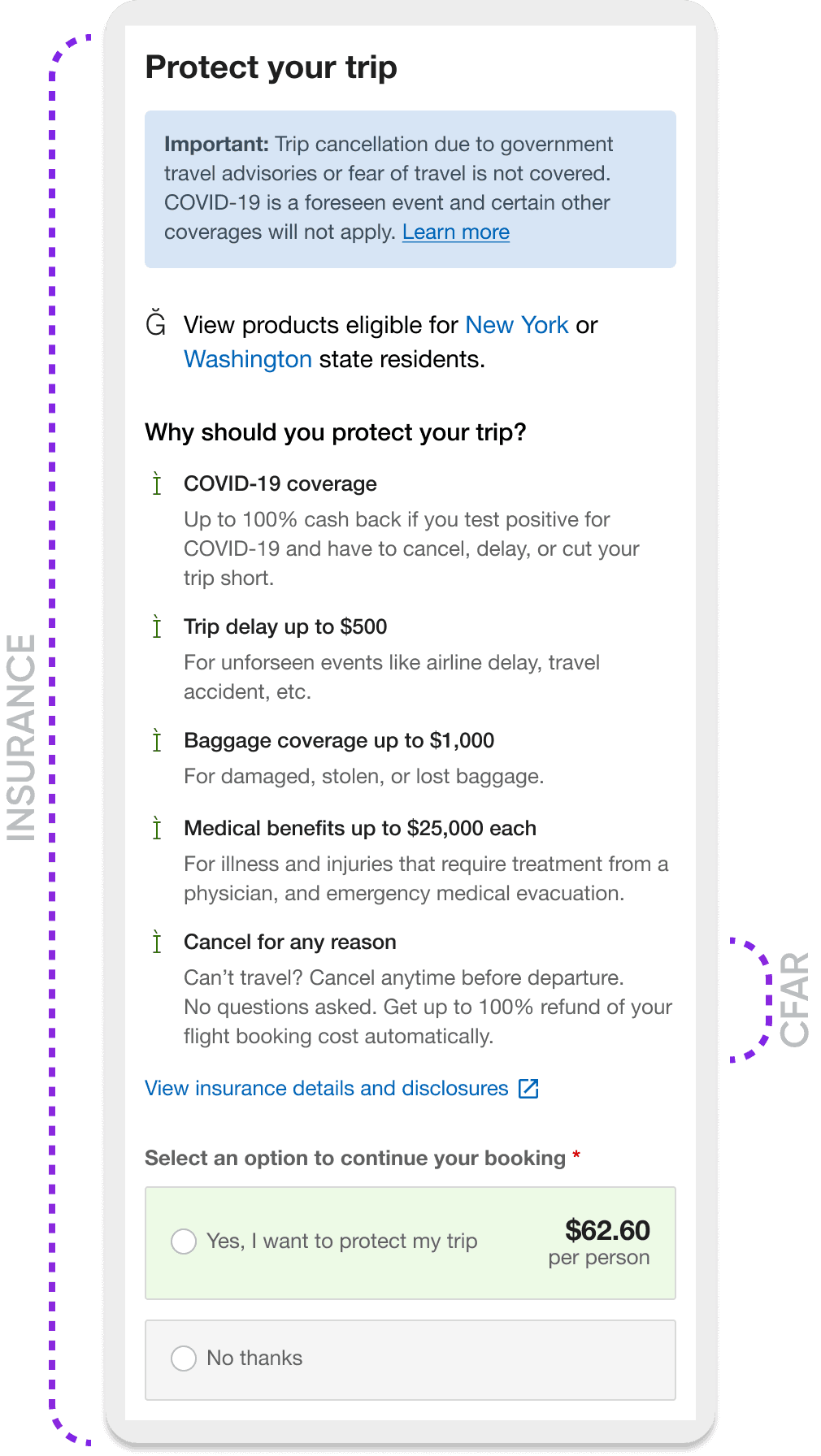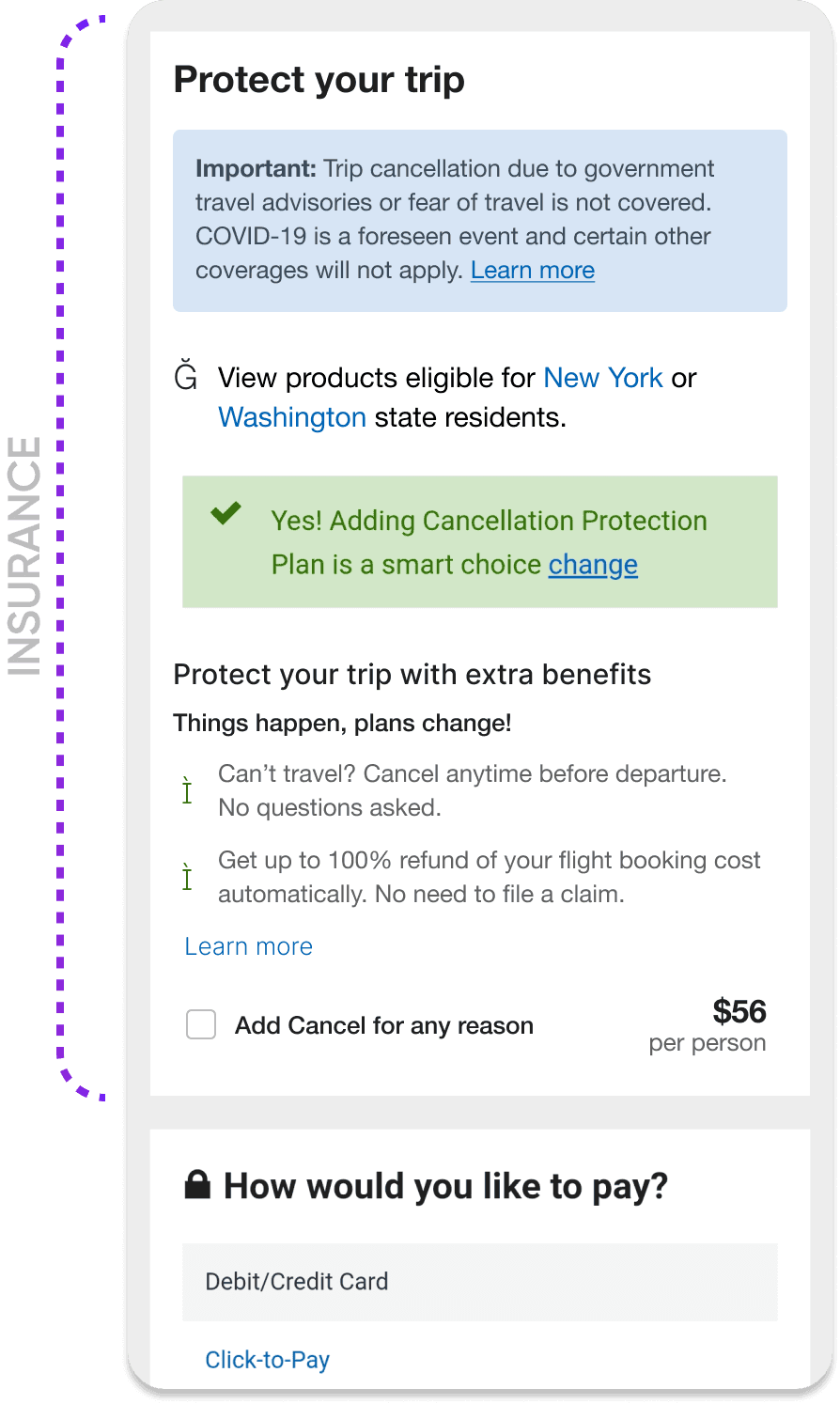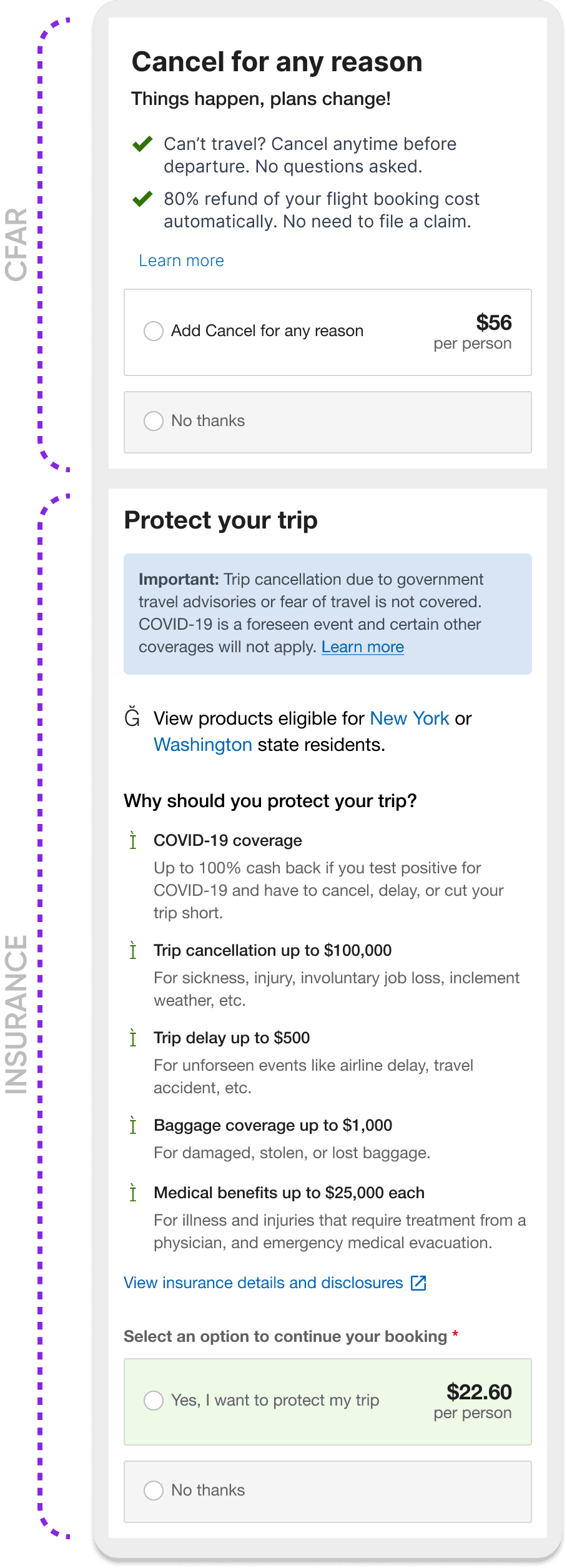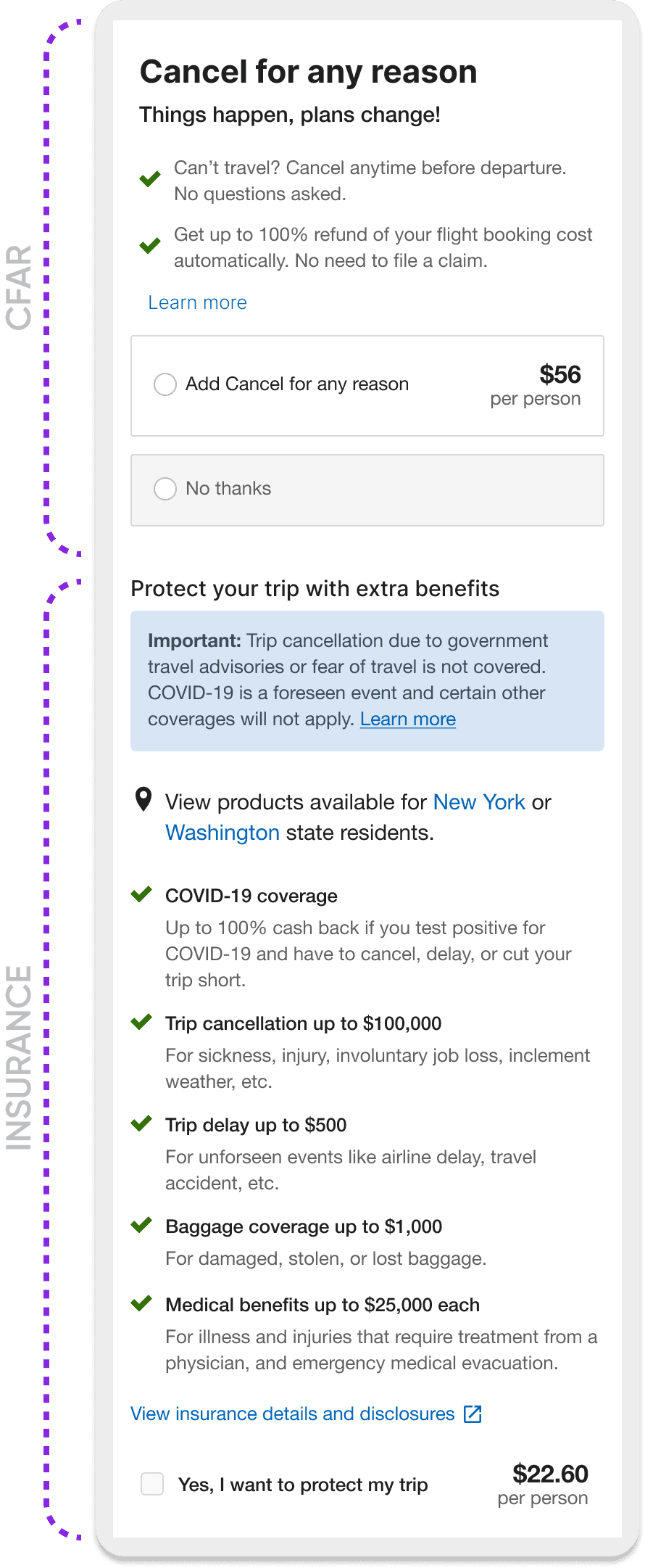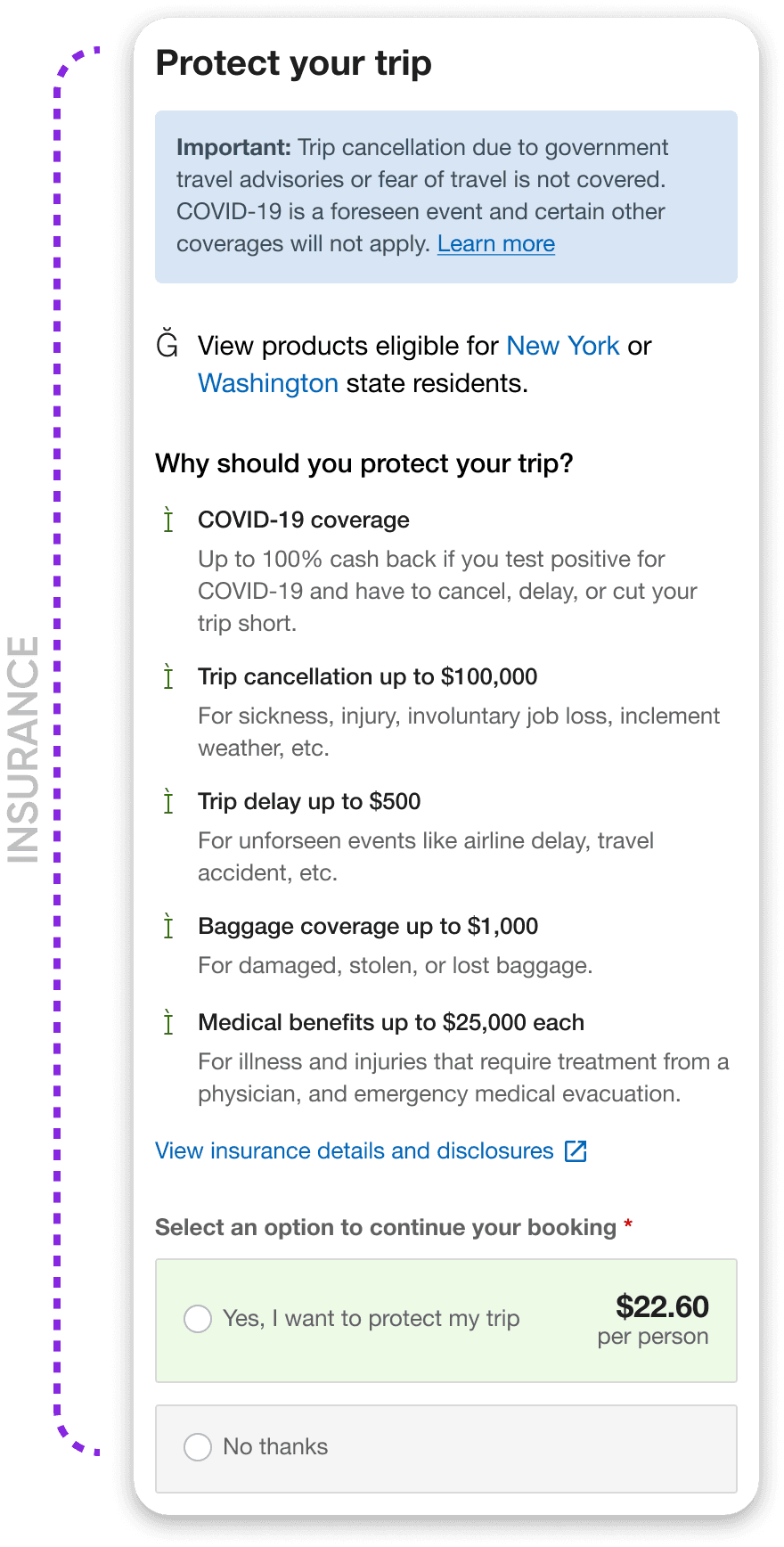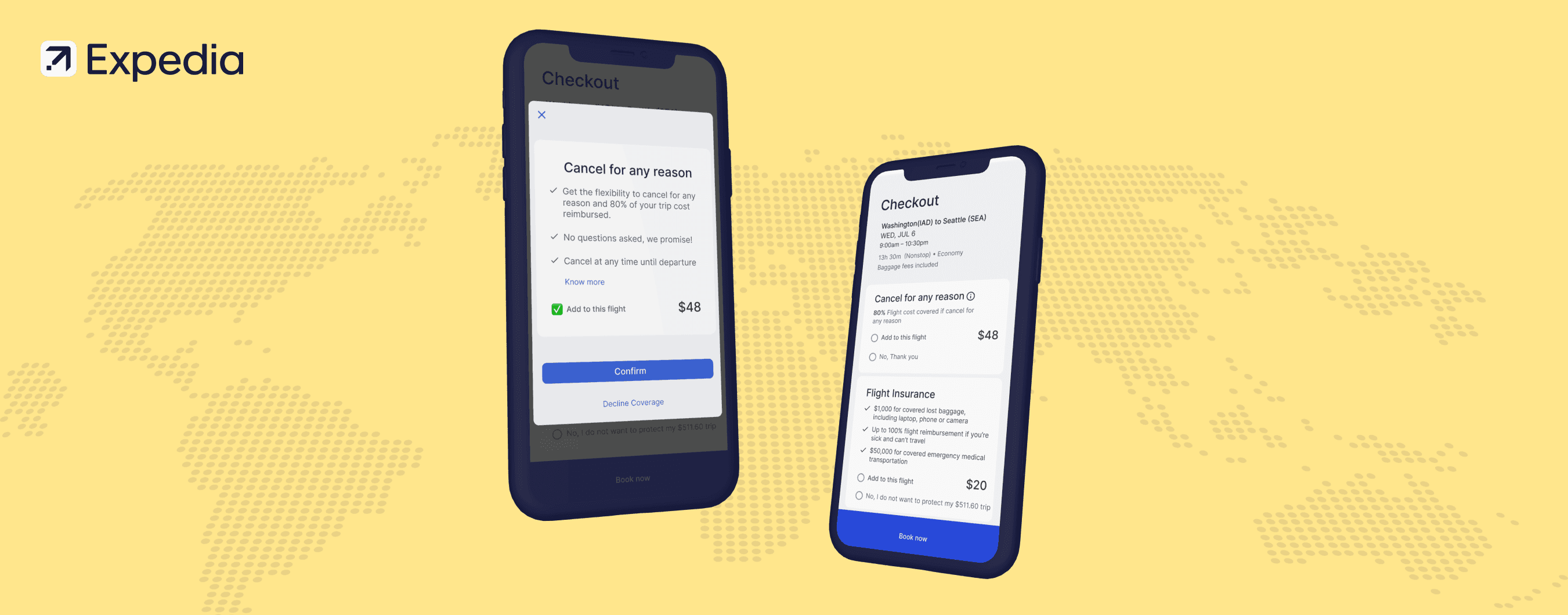
Feature design • Expedia • 2022
Cancellation For Any Reason
Methods
Workshops
Competitive Analysis
User Research
Stakeholders
Senior Leadership
Developers
Insurance partners
Why?
Covid Chaos Cancelled: Designing Flexible Travel Booking
December 2021 saw travel bookings plummet by 30-50% due to Covid concerns, leaving many frustrated with inflexible policies and lost funds. This case study explores the design of a revolutionary travel booking platform that prioritizes flexibility and affordability. We tackled the challenge of empowering travelers to easily change or cancel trips while ensuring they maximize the value of their travel budget. Discover how we designed a user-centric solution for a post-pandemic world, prioritizing both freedom and financial security.
How?
Introducing CFAR- Cancel For ANY Reason
December 2021 saw travel bookings plummet by 30-50% due to Covid concerns, leaving many frustrated with inflexible policies and lost funds. This case study explores the design of a revolutionary travel booking platform that prioritizes flexibility and affordability. We tackled the challenge of empowering travelers to easily change or cancel trips while ensuring they maximize the value of their travel budget. Discover how we designed a user-centric solution for a post-pandemic world, prioritizing both freedom and financial security.
Primary Research
A Travel Industry Catastrophe
2M
Bookings Cancelled
Reduced claim processing time (From 2 weeks to 3 days)
$500M
Revenue losses
CFAR specific revenue Generated in 2021-2022
103,000
Flights cancelled
Percentage of trips booked with CFAR that were subsequently canceled
77%
Less air travellers
From the pool of people who bought insurance
Secondary Research
Looking at what everyone’s doing
Top competitor
Hopper
Highlights
100%: Select flights ("Made refundable by Hopper")
Flexible: "Cancel for Any Reason" & "Change for Any Reason" (both ways)
CFAR: 100/80% refund (roundtrip, applies to entire booking)
Refund Method: Airline credit (1 year) or cash
Competitor
Hopper
Kayak
Kiwi
Travelgenio
Gotogate
Research Workshop
Unite, Understand, Unfold
We conducted a three-day research workshop for the product stakeholders to come together, understand the user problems, reframe the problem statement into achievable How-Might-We's, and run a robust feasibility analysis with the experts to find the best UX approach.
CUSTOMER INSIGHTS
Inflexible Bookings & Frustrated Travelers
Workshop Process
A Collaborative Research Odyssey
The workshop included the following:
Defining User Journeys
Value Proposition Mapping
Grouping Insights
Value Proposition Canvas
How Might We?
Design
The Journey before CFAR
Below is the flow before the CFAR was implemented.
Design
Running T&Ls and A/B tests
We ran multiple P&Cs of the primary variants filtered from a pool of dozens within a controlled target group over a duration of a week. The parameters we judged the variants on are:
Click through rate
Time spent
Clarity in understanding
Task Completion Rate
Time on Task
Click-Through Rate
Impact
Oh, we made some impact!
80%
Reduced claim processing time (From 2 weeks to 3 days)
$15M
CFAR specific revenue Generated in 2021-2022
8%
Percentage of trips booked with CFAR that were subsequently cancelled
15%
From the pool of people who bought insurance
Performance Indicators
Key Learnings
Cashback over Credits
We learnt that even the frequent fliers were deeply interested in cash-back over credits of any kind. they'd rather have their money in their hand, even though the credits could have been more value for money and hassle-free.
Users won’t pay more than 20%
As a matter of fact, we saw that user interest started declining substantially over the 17% premium mark and pretty much disappeared around the 20% premium mark on top of the base ticket price approached.
Future-proofing
COVID was a phase, and once it's gone, it might never return. We learnt that building the product so that it could merge seamlessly with the insurance product in the future without causing substantial user confusion was a great move.
The Future
Questions to answer in future
The CFAR product was later merged into the Expedia Insurance Offering. In case CFAR becomes an independent product sometime in future, the following questions would need to be answered:
Ancillary Coverage
Does the product cover additional charges like paid seats and bags, or just the base fare?
Flight Upgrades
If a user upgrades after booking and then cancels, will the product reimburse the upgrade cost?
Airline Credit vs. Cash Refunds
How does the product handle airlines offering credit instead of cash for cancellations to avoid double compensation?
Travel Season Pricing
Should the product consider peak seasons and holidays when determining pricing?







